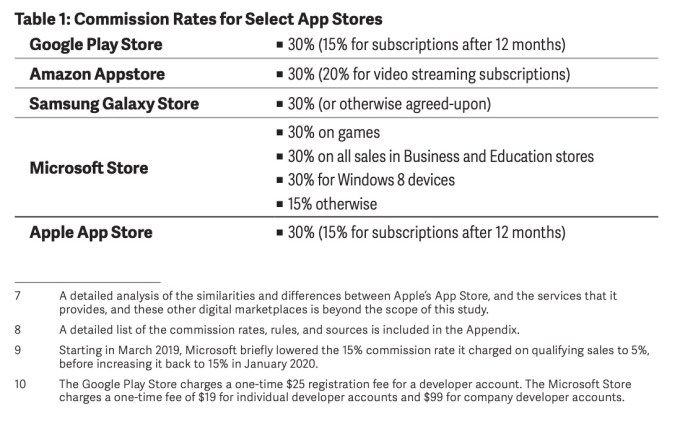TuSimple Allegedly Shared US Self-Driving Data with China Despite Security Pact
Key Revelations from The Wall Street Journal Report
Autonomous trucking company TuSimple (now rebranded as CreateAI) reportedly transferred sensitive self-driving technology data to a Chinese state-linked firm shortly after signing a U.S. national security agreement prohibiting such transfers, according to a Wall Street Journal investigation.
Timeline of Controversial Data Transfers
- February 2022: TuSimple signed a CFIUS (Committee on Foreign Investment in the U.S.) agreement requiring separation of U.S. and Chinese operations
- One week later: Began sharing technical data with Chinese truck manufacturer Foton (a BAIC Group subsidiary)
- Continued for six months: Data transfers persisted until TuSimple’s compliance deadline
Regulatory Fallout and Financial Penalties
While CFIUS investigators determined the data sharing didn’t technically violate the agreement, TuSimple faced consequences:
- Paid $6 million settlement for other compliance violations
- Did not admit fault in the resolution
Broader Implications for U.S. Tech Security
This case highlights critical challenges in balancing:
- Foreign investment in U.S. technology sectors
- National security protections for sensitive technologies
- Enforcement mechanisms for security agreements
Ongoing Corporate Turmoil
The data sharing controversy is just one facet of TuSimple’s complex challenges:
Financial and Legal Battles
- $450 million transfer attempt: Shareholders blocked moving U.S. funds to Chinese subsidiary in 2024
- Leadership struggle: Co-founder Xiaodi Hou is fighting for control to liquidate the company
- Rebranding: Officially became CreateAI in December 2024 while pivoting to AI animation
Historical Context
- Founded in 2015 with Chinese backing
- Raised $2 billion from U.S. and Chinese investors
- First to complete fully driverless public highway test in U.S.
- Voluntarily delisted from stock market in January 2024
Technical Data Shared with Chinese Partners
According to reviewed documents, TuSimple transferred:
- Server specifications
- Brake system designs
- Sensor configurations
- Steering mechanisms
- Power supply details
- Chip information
- Autonomous vehicle source code
Geopolitical Ramifications
This case has contributed to:
- Stricter U.S. regulations on Chinese-linked tech deals
- Broader policy shifts regarding high-risk international transactions
- Increased scrutiny of autonomous vehicle technology transfers
TechCrunch was unable to obtain comment from CreateAI (formerly TuSimple) regarding these allegations.
📚 Featured Products & Recommendations
Discover our carefully selected products that complement this article’s topics:
🛍️ Featured Product 1: MOSAIC LARGER RUNNER 30X106
 Image: Premium product showcase
Image: Premium product showcase
Professional-grade mosaic larger runner 30x106 combining innovation, quality, and user-friendly design.
Key Features:
- Premium materials and construction
- User-friendly design and operation
- Reliable performance in various conditions
- Comprehensive quality assurance
🔗 View Product Details & Purchase
🛍️ Featured Product 2: NAPKIN BISTRO BEIGE
 Image: Premium product showcase
Image: Premium product showcase
Professional-grade napkin bistro beige combining innovation, quality, and user-friendly design.
Key Features:
- Professional-grade quality standards
- Easy setup and intuitive use
- Durable construction for long-term value
- Excellent customer support included
🔗 View Product Details & Purchase
💡 Need Help Choosing? Contact our expert team for personalized product recommendations!












